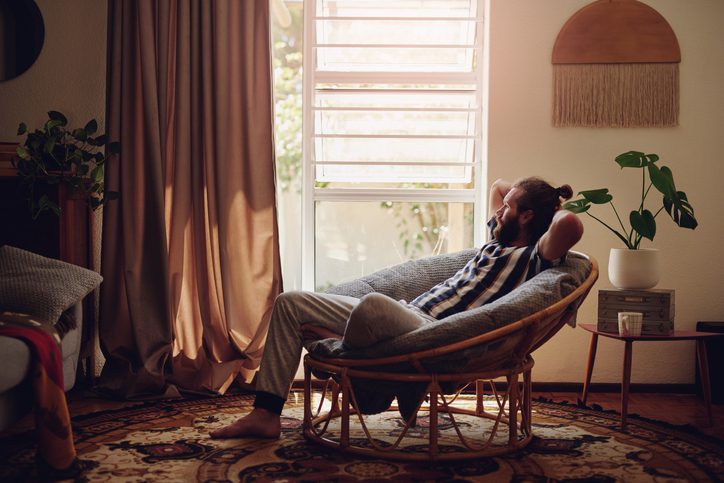The Sleep Stats are Alarming, so Don’t Snooze on the Importance of Rest for Recovery
There is no denying the importance of sleep in our lives. And it seems like it should be pretty easy to get the sleep we need. Get comfortable, close your eyes, drift off, and wake up refreshed hours later. Easy-peasy, right?
If only.
It turns out that one in three adults in the United States reports not getting enough sleep on a daily basis according to the Centers for Disease Control and Prevention. Additionally, four out of ten adults say they unintentionally fall asleep during the day at least one a month. Meanwhile, 50 to 70 million Americans are living with a chronic sleep disorder of one kind or another.
Those statistics are alarming enough to keep you up at night—especially if you are a person in recovery from a substance use disorder. After all, getting enough quality sleep is a key strategy for maintaining your sobriety.
So let’s take a look at some of the things that are costing Americans precious hours of sleep and what you can do to increase the likelihood that you will get the rest for recovery you need.
The Enemies of Rest
You probably don’t have to think too hard to think of some things that could be interfering with your ability to get enough sleep.
For example, many people find themselves caught up in what has been called the “cult of busyness”—the idea that a person’s value as a worker, a volunteer, or a member of a community is directly connected to how busy we are. We find ourselves feeling guilty if we have “too much” leisure time (for some people, “too much” comes to mean any at all).
When you place too much value on being busy, you increase your levels of commitment and your levels of stress—and neither is necessarily a good move for your overall well-being or for your sobriety.
High levels of obligation during the day can also lead to something called “revenge bedtime procrastination,” which is a good name for a band, but a bad habit to fall into. The idea here is that you feel like you haven’t had enough personal time at the end of the day, so you stay up late to squeeze in something that vaguely resembles leisure time. But it’s a lose-lose proposition and isn’t sustainable over time.
Sometimes, your sleep environment might be contributing to the issues of falling and staying asleep. Your mattress might be worn out, too much light or noise might leak into your bedroom, the room may be too hot or too cold, and more. Heck, a cluttered sleeping space can even contribute to the challenges.
And, as we have noted, sleep disorders of one kind or another—insomnia, sleep apnea, restless leg syndrome, and many more—disrupt the sleep of a significant number of people. Those disorders can also impact the sleep of those who share a space with you.
So faced with these and other obstacles, what can you do to get enough sleep? We have some suggestions.
The Allies of Sleep
First, a word of caution. Often, those who are having trouble sleeping hope to find relief via prescription medication. This, of course, can be dangerous for a person in recovery, so it is important to be honest about your history of substance use if you talk with a doctor about a pharmaceutical solution to your sleep issues.
One of the most effective allies of sleep is a routine. This shouldn’t be surprising. Many of us remember the routines that lead up to bedtime when we were children, and the same sorts of routines can serve us as adults as well.
Aspects of a good sleep routine may include:
- Establishing a regular bedtime (and a regular rising time, too)
- Making careful choices about what you eat and drink in the evening—including avoiding caffeine
- Putting away all your screens an hour or two before bed
- Enjoying a restful activity before bed like mindfulness meditation, journaling, reading, or listening to relaxing music
- Ensuring that your sleep space is uncluttered, cool, dark, and quiet
- Listening to sleep music or sleep stories or using a white night noise machine if you find it helpful
The details of your sleep routine are up to you, of course. The important thing is to start being intentional when it comes to getting essential rest. That’s a good strategy for improving your overall well-being and supporting your ongoing sobriety.
We Won’t Rest When It Comes to You and Your Sobriety
At Wooded Glen Recovery Center in Indiana, we are dedicated to helping people reclaim and maintain their sobriety. If you are thinking about getting help for a substance use disorder, don’t sleep on it. The time to get help is right now. We can help.

